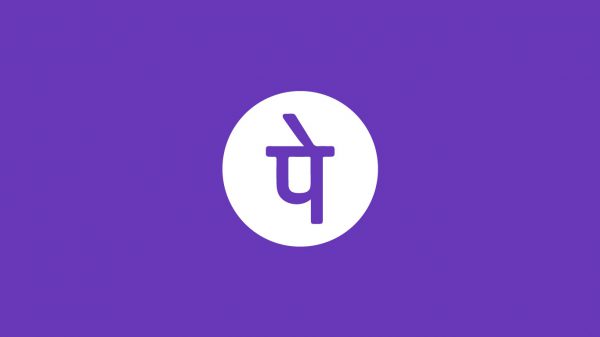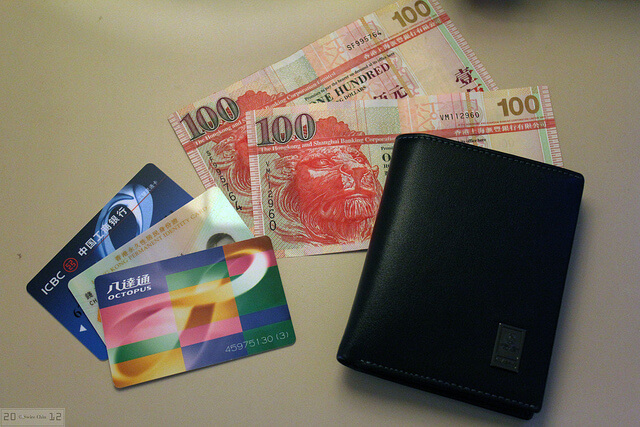The Reserve Bank of India (RBI) has instructed pre-paid instrument (PPIs) operators to enable full interoperability to PPI cards and PPI e-wallets for those customers who have fulfilled the entire Know-Your-Customer (KYC) criteria. Payment companies will need to enable PPI interoperability by March 2022, the RBI said in a notification on Wednesday.
In April, RBI Governor Shaktikanta Das announced that the limit for full-KYC PPI accounts would from Rs 1 lakh to Rs 2 lakh. This means that a PPI card or PPI e-wallet user can double the amount they store on the pre-loaded payment instrument (such as —-). “As the migration towards interoperability has not been significant, it is now proposed to make interoperability mandatory for full-KYC PPIs and for all payment acceptance infrastructure,” he said as part of the monetary policy announcement.
The RBI said that even though the 2017 guidelines on PPIs had laid down a road map for interoperability and the RBI had issued a framework for the same in October 2018, migration to the interoperable PPI model has been insignificant.
PPIs are pre-loaded cards or digital wallets. For instance, Sodexo provides plastic cards or PPI cards which are loaded with funds to be used at food outlets and grocery stores, on the other hand, Paytm, PhonePe, MobiKwik and other payment apps that allow customers to load funds into the app so that they can spend the funds through the app itself are PPI e-wallets. Traditionally, payment apps have PPI licenses but with the advent of the Unified Payments Interface (UPI) the need to load these apps with funds has reduced since UPI is a seamless bank-to-bank payment system, based on which these apps provide a customer centric app experience.
Interoperability basically means that regardless of who issues the PPI card or e-wallet, customers should be able to use their PPI card or e-wallet at any payments acceptance point. So, under interoperability a PPI holder can swipe their card at any merchant outlet that has a card swiping machine. Similarly, while UPI is interoperble PPI e-wallets are not. Therefore, through interoperability a customer can transfer their Paytm wallet funds to a MobiKwik wallet if they want.
“To promote optimal utilisation of payment instruments (like cards, wallets etc.), and given the constraint of scarce acceptance infrastructure (like PoS devices, ATMs, QR codes, bill-payment touch points, etc.), Reserve Bank of India has been stressing on the benefits of interoperability amongst the issuing and acquiring entities alike, banks or non-banks,” the central bank said in its Statement on Developmental and Regulatory Policies in April.
In its notification, the RBI has exempted PPIs for Mass Transit Systems and Gift PPIs from complying with this instruction, although Gift PPI issuers can offer interoperability if they want.
Further, the RBI has allowed full-KYC PPI holders to withdraw cash using their cards or e-wallets. While the maximum limit is Rs 2,000 per transaction, the RBI has set the overall monthly limit at Rs 10,000 per month. “All cash withdrawal transactions performed using a card/wallet shall be authenticated by an Additional Factor of Authentication (AFA) / PIN,” it said. Adding that PPI issuers offering cash withdrawals need to put in place proper customer redressal mechanisms and a suitable cooling period for cash withdrawal at the time of opening a PPI account and when the customer loads or re-loads funds into the PPI.
“The cash withdrawal limit from Points of Sale (PoS) terminals using debit cards and open system prepaid cards issued by banks in India… has also been rationalised to ₹2,000 per transaction within an overall monthly limit of ₹10,000 across all locations (Tier 1 to 6 centres),” the RBI said.
Also Read
- RBI updates Know-Your-Customer norms to push video-KYC, aid customer convenience
- RBI increases deposit limit for Payments Banks, new measures for PPIs
- Government Should Do The Heavy Lifting And Regulate Crypto-Currencies














